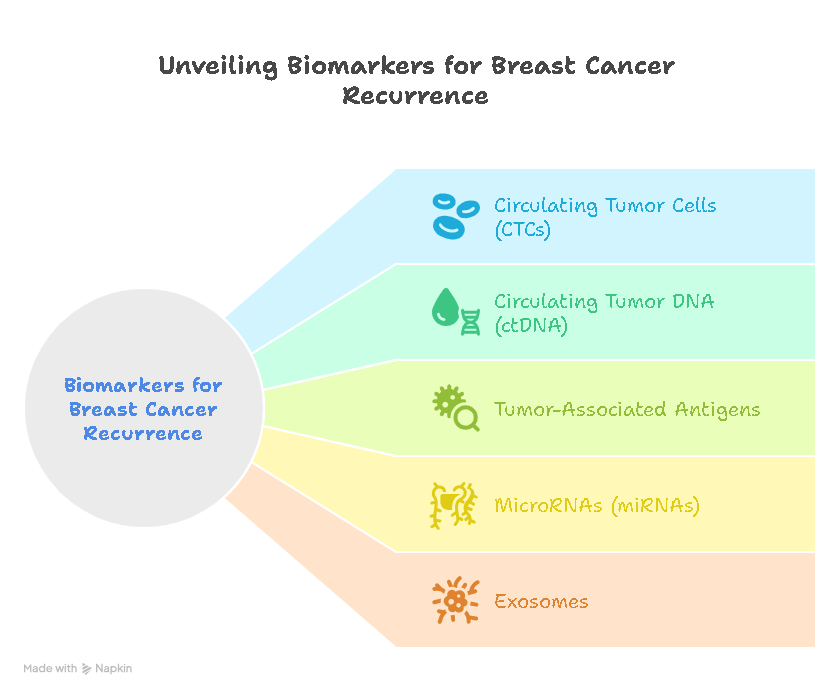- Introduction
- Understanding Breast Cancer
- The Vital Role of Caregivers and Family Members
- Tips for Providing Emotional Support
- 4.1. Active Listening and Open Communication
- 4.2. Encouraging Positive Mindset
- 4.3. Being Empathetic and Patient
- Practical Assistance for Daily Living
- 5.1. Helping with Household Chores
- 5.2. Assisting with Medical Appointments
- 5.3. Managing Medications and Treatment Plans
- Taking Care of Yourself as a Caregiver
- 6.1. Recognizing Your Limits
- 6.2. Seeking Support from Others
- 6.3. Practicing Self-Care
- Adapting to Changes in Family Dynamics
- Conclusion

Introduction
A breast cancer diagnosis not only affects the individual facing the illness but also has a profound impact on their close circle of family and friends. Caregivers and family members play a crucial role in providing emotional support, practical assistance, and maintaining a positive environment for their loved ones during this challenging journey. In this article, we will explore effective ways caregivers and family members can support their loved ones with breast cancer.

she revealed her decision to undergo a preventive double mastectomy due to a high genetic risk of breast cancer.
Understanding Breast Cancer
Breast cancer is a complex disease that requires comprehensive medical treatment. It’s important for caregivers and family members to educate themselves about the disease, treatment options, and potential side effects. This knowledge will not only help them better understand what their loved one is going through but also enable them to actively participate in medical discussions and decisions.
The Vital Role of Caregivers and Family Members
Caregivers and family members are a pillar of strength for individuals battling breast cancer. Their presence and support can significantly impact the emotional well-being and overall recovery of the patient. Being there to listen, offer encouragement, and provide assistance can make a world of difference.
Tips for Providing Emotional Support
4.1. Active Listening and Open Communication
Listening without judgment and encouraging open conversations can create a safe space for your loved one to express their fears, concerns, and feelings. Sometimes, all someone needs is a compassionate ear to share their thoughts.
4.2. Encouraging Positive Mindset
Maintaining a positive outlook can greatly contribute to the healing process. As a caregiver or family member, you can offer words of encouragement, share inspiring stories, and remind your loved one of their strengths and achievements.
4.3. Being Empathetic and Patient
Empathy involves understanding and sharing the feelings of another person. Demonstrating empathy and patience lets your loved one know that you’re truly there for them, no matter the emotional ups and downs they experience.
Practical Assistance for Daily Living
5.1. Helping with Household Chores
During treatment, your loved one may experience fatigue or other side effects that limit their ability to perform everyday tasks. Offering to help with cooking, cleaning, and errands can alleviate their stress and ensure a comfortable environment.
5.2. Assisting with Medical Appointments
Accompanying your loved one to medical appointments not only provides emotional support but also ensures that important information is shared and understood. Taking notes during appointments can help your loved one remember the doctor’s recommendations.
5.3. Managing Medications and Treatment Plans
Keeping track of medications and treatment schedules can be overwhelming. As a caregiver, you can assist in organizing medications and reminding your loved one to take them on time.
Taking Care of Yourself as a Caregiver
6.1. Recognizing Your Limits
While your support is invaluable, it’s important to recognize when you need a break. Caregiver burnout is a real concern, so don’t hesitate to seek assistance or respite care when necessary.
6.2. Seeking Support from Others
You don’t have to do it all alone. Reach out to other family members, friends, or support groups to share the responsibilities and emotions that come with caregiving.
6.3. Practicing Self-Care
Caring for yourself is essential for being an effective caregiver. Engage in activities that rejuvenate you, whether it’s exercise, hobbies, or spending time with friends.
Adapting to Changes in Family Dynamics
A cancer diagnosis can bring about changes in family dynamics. Open communication is key to understanding each other’s needs and finding ways to support one another through these changes.
Conclusion
Supporting a loved one with breast cancer requires compassion, patience, and a willingness to adapt. Caregivers and family members have a significant role to play in providing emotional support and practical assistance. By being informed, empathetic, and taking care of themselves, caregivers can create a positive and nurturing environment that aids in the healing process.











Understanding the Fascinating World of 36D Breast Size - HealthCare bytes by RSB
[…] The Impact of Media and SocietyDespite the growing movement of body positivity, societal and media influences can still perpetuate unrealistic beauty standards. Popular media often portrays an idealized and limited version of beauty, which can lead individuals to compare themselves and feel inadequate. […]